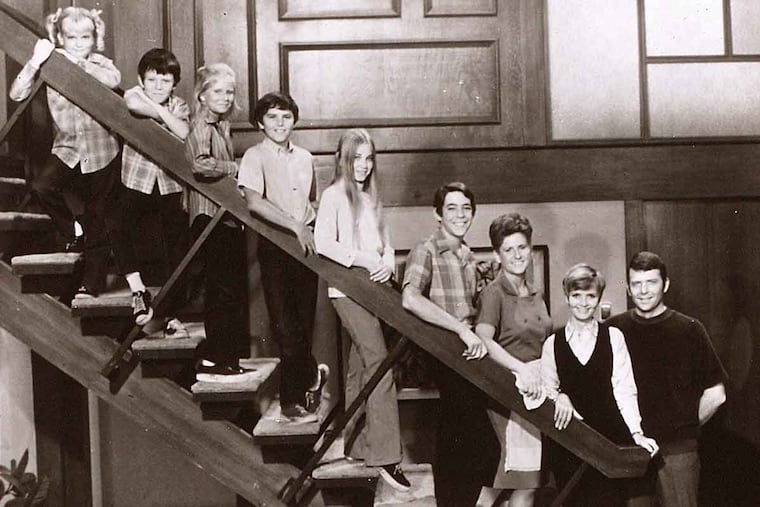When the loss is confusing, so is the grief
Psychologist Tracy Steen was surprised to learn this herself, but she discovered that The Brady Bunch - that iconic '70s sitcom about a blended family - was a good example of her presentation topic: ambiguous loss.

Psychologist Tracy Steen was surprised to learn this herself, but she discovered that The Brady Bunch - that iconic '70s sitcom about a blended family - was a good example of her presentation topic: ambiguous loss.
Steen, whose private practice in Rittenhouse Square focuses on positive psychology and addiction treatment, came to Philadelphia's Department of Behavioral Health and Intellectual Disability Services on Wednesday to discuss the kind of grief that leaves many unanswered - and unanswerable - questions. That makes it especially hard for survivors to move on.
How would you feel if your father's plane disappeared over the ocean or your family jumped on a rickety boat to escape a war?
Sarorng Sorn, director of immigrant affairs and language access services for the agency, had invited Steen to a lunchtime education session. A Cambodian refugee, she thought that many like her suffer because they left their homelands and families in chaos. Some may never know what happened to their relatives or the path that their lives would have taken if they'd been able to stay at home.
The concept of ambiguous loss can also apply to families of people who disappear in war or storms, go away to prison or become estranged and drop off the radar. A different form applies to people who are "there but not there," those who suffer brain damage, mental illness or addiction that leaves them alive but different.
Steen said the term "ambiguous loss" was coined years ago by Pauline Boss, emeritus professor at the University of Minnesota, but many professionals still have not heard of it.
As for the Bradys, she said the show never mentioned the previous spouses of Mike and Carol Brady. His wife died. Her husband's absence was never explained. This had to be hard on the kids, who might have wanted to talk about all of their parents.
Then there were the family pets. The girls came into the marriage with a cat named Fluffy whose disappearance was never addressed. The boys had a dog named Tiger who, tragically, was killed on the set. After the brief attempt to replace him failed, the kids were inexplicably petless.
"Tiger was there and then he was not there," Steen said.
There are, of course, many far more serious examples of deaths made much harder to accept by their circumstances. Steen said the Nazis purposely amplified psychological distress with their Nacht und Nebel (night and fog) directive that made critics disappear.
She said therapists can make things worse by encouraging people to find "closure," a term that is falling out of favor anyway. Some questions cannot be answered. The key, Steen said, is for people to learn to accept what happened, let go of their old identity and build a new one, and realize that they can still have a full, satisfying life. It also helps to be part of a supportive community.
Steen is a fan of narrative therapy, which encourages victims of ambiguous loss, who are often so "blocked" that they don't talk about their histories, to tell their stories in detail. The process, she said, helps them to come unstuck and accept what happened.
215-854-4944
@StaceyABurling